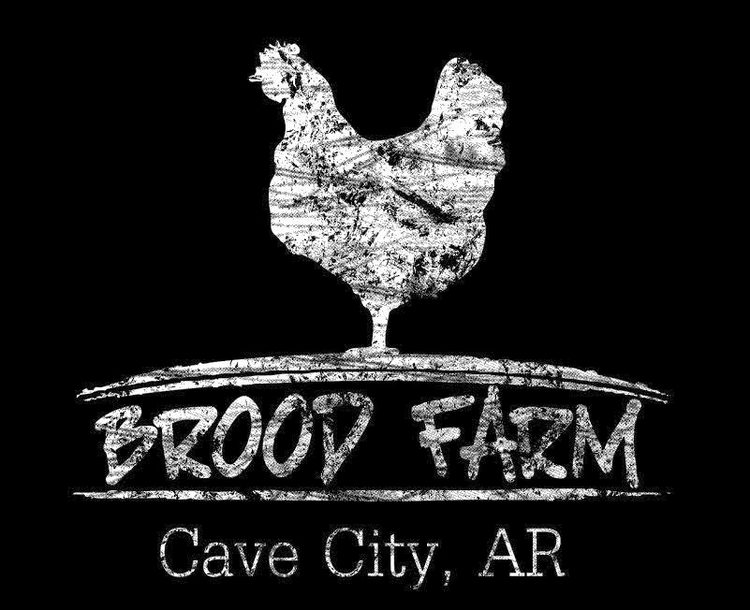Warning . . . goat anatomy pics below!
In the registered dairy goat community, the term "good milker" is frequently used. I guess I'd assumed it meant merely that the goat produced a good amount of milk or even that she behaved well on the milk stand. I had no idea whatsoever that goats' udders can vary so much! Last year, we only milked Razz, and she did great. Apparently, we didn't know how good we had it.
Here's Razz's udder first thing in the morning -- big and full of milk. Notice her two teats. They're nice and big -- easy to get ahold of.
Milking her is easy once you know how to milk. Here you can see how John has just positioned the bucket underneath her and can go at it, two-handed. Razz just eats while on the milking stand and seems completely comfortable as she's being milked.
And, then, there's Honey, our first-time momma and milker. She's got a nice and full udder . . . but where are her teats? Look hard. They're small and pushed right up against her hind legs so that they're very difficult to get ahold of.
See how John is having to go at it? His hands are about too large to get a grip on the tiny teats. Now, milking in general takes some muscle in your hands. To feel what muscles are used to milk Razz (or any other good milker) squeeze your hand into a tight fist. To feel what muscles are primarily used to milk Honey, however, press your thumb to your other fingertips as hard as you can. Can you feel the difference? It gets pretty painful very quickly.
As if the anatomy problem weren't enough, there's also the small issue of her behavior on the milking stand.
Here, you can see how she tries to kick you off when you try to milk her. She does this very fast,
and you have to be quick about moving the milk pail out of the way or she'll knock it over, causing you to lose all the milk you've managed to muscle out thus far. Because of this, John has to milk her one hand at a time, so that he can hold the milk cup in the other hand, ready to snatch it out of the way when she starts to kick. It's not easy work.
One of the breeders we've talked to tells us that it will get better with time. Between our tugging and her babies persistent yanking, the teats should eventually elongate. That'll help out a little. If we had a bigger herd and were milking lots of goats, we'd probably just give up on her. If we were more legit dairy goat farmers, we'd "cull" her and invite the neighbors over for a barbecue. Alas, however, we are not that legit or large an operation, so we continue to pull on those tiny teats day after day (and by "we," I mean mostly John. Just compare our hand muscles and you'll see he's the one bearing most of the milking burden right now). Here's hoping our persistence will pay off and things will eventually get better! :)





